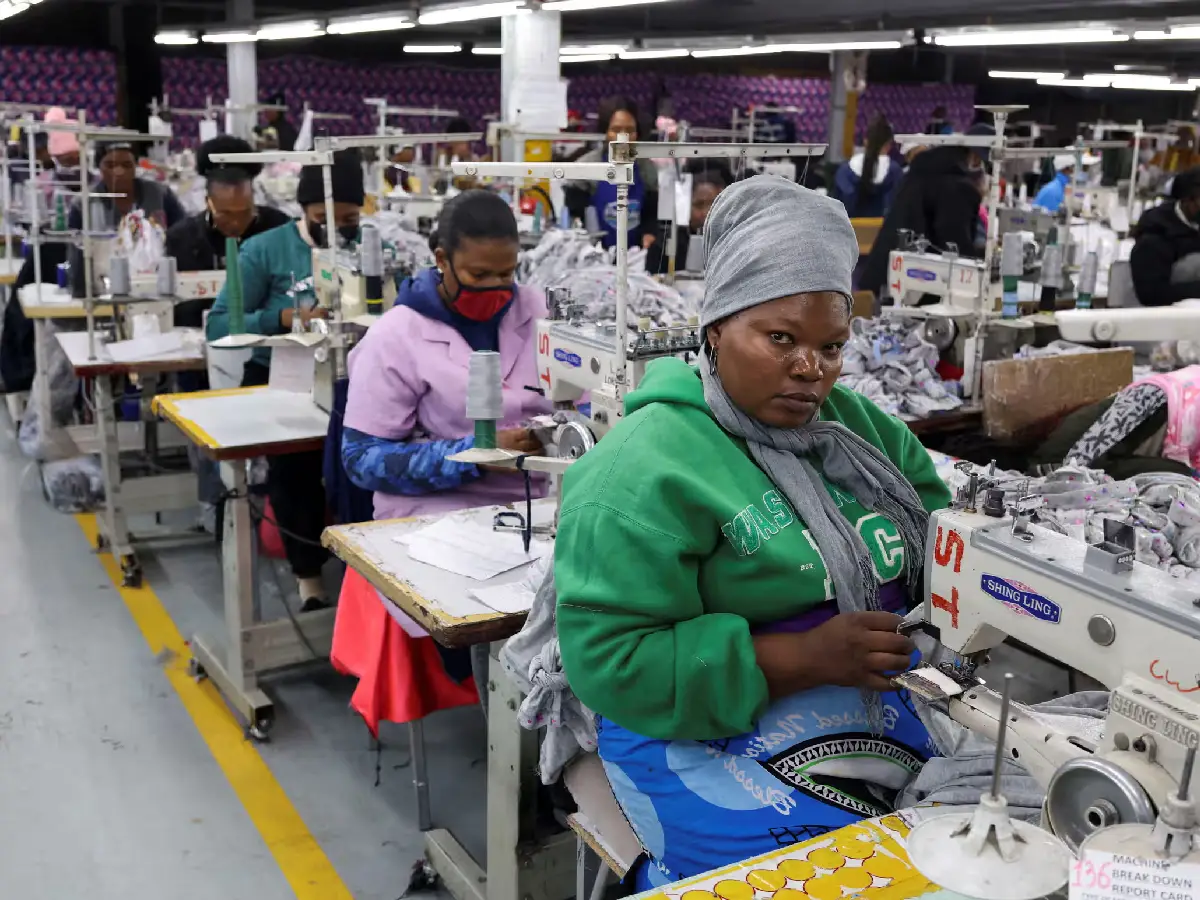### Exploring the Impact of Lesotho’s Denim Industry on Global Fashion
#### A Closer Look at Lesotho’s Contribution to the U.S. Fashion Market
In the small, mountainous kingdom of Lesotho, denim manufacturing plays a pivotal role in the economy and the global fashion scene, particularly impacting U.S.-branded jeans. As both the private sector and government officials deliberate on their forthcoming strategies, it’s essential to understand how this industry shapes not just local livelihoods but also international fashion trends.
#### Lesotho: A Key Player in Denim Production
Lesotho, known for its scenic landscapes and vibrant culture, is also one of the top denim producers that supply major U.S. brands. This relationship benefits both the local economy by providing jobs to thousands and the global consumers who enjoy quality denim products. As the world increasingly focuses on sustainable and ethical production, Lesotho’s denim industry stands at a crossroads, considering how best to leverage its capabilities for future growth and sustainability.
#### Economic Impacts and Future Prospects
The denim production in Lesotho is a significant employment sector, offering numerous jobs to the local populace. This industry not only helps in combating unemployment but also plays a critical role in the economic stability of the country. However, the global demand for denim and changes in fashion trends continually shape the operational dynamics within these factories.
Looking to the future, there’s a growing need for innovation and sustainability in production practices. Environmental concerns and the push for fair labor practices are prompting both the local government and the private sector to reconsider their strategies. This shift could lead them to invest more in technology and training, ensuring that the workforce is well-equipped to handle the evolving industry demands while maintaining ethical standards.
#### Challenges and Opportunities
Despite the opportunities, there are several challenges that the industry faces. Political instability, economic fluctuations, and infrastructural limitations can hinder growth and operational efficiency. Moreover, with the global market being highly competitive, maintaining quality while keeping the costs low is another significant hurdle for Lesotho’s denim industry.
However, these challenges also present unique opportunities. There is a chance to enhance the sector’s competitive edge through increased investments in technology, which can lead to higher efficiency and better-quality products. Additionally, by focusing on sustainable practices, Lesotho can distinguish its products in the international market as ethically made and environmentally friendly, appealing to a broader, more conscious consumer base.
#### Conclusion: The Road Ahead for Lesotho’s Denim Industry
The denim industry in Lesotho is at a crucial juncture. As decision-makers in the government and private sectors weigh their options, the strategies they adopt will significantly influence not just the local economy but also the global perceptions and realities of fashion production. With thoughtful management and innovative practices, Lesotho’s denim sector can achieve sustainable growth and continue to make its mark on the world stage, providing us with the jeans we love in a responsible manner. This ensures not only economic stability and growth for Lesotho but also contributes to a more fashion-conscious and ethical world.










